Contents
The air compressor’s oil is a crucial component. It is responsible for many key processes. Air compressors involve regular oil lubrication to avoid friction on the rotors and other parts of the machine. Operators must know what type of lubricant to use in the pneumatic system, how or when to replace the air compressor oil and oil separators, and how to identify basic air compressor oil issues.
Function of Lubricating oils in Air Compressors
Function of Lubricating oils in Air Compressors
An air compressor, as machinery equipment with many active working systems, demands a lubricant that can clean, lubricate, and cover air gaps while it works.
Air compressors require a different type of lubrication than automobiles. It is a specialty lubricant that has been designed precisely for the elements of the machinery. It was never good to use regular lubricating oil in an air compressor because it can cause systemic collapse. Look for oils specially formulated for your air compressor to get the most from it.
Is Lubrication Required in All Air Compressors?
Oil-free air compressor types do not need oil. Specialized systems needing super airflow with very minimum oil residue are often used. Meanwhile, in most circumstances, inline filtering can separate sufficient oil from the airflow capacity to meet even the most stringent criteria.
These models are usually noisier and more costly. Oil-free rotary screw air compressors are usually utilized only in commercial processes where oil contamination is impossible, such as the food industry or clinical oxygen.
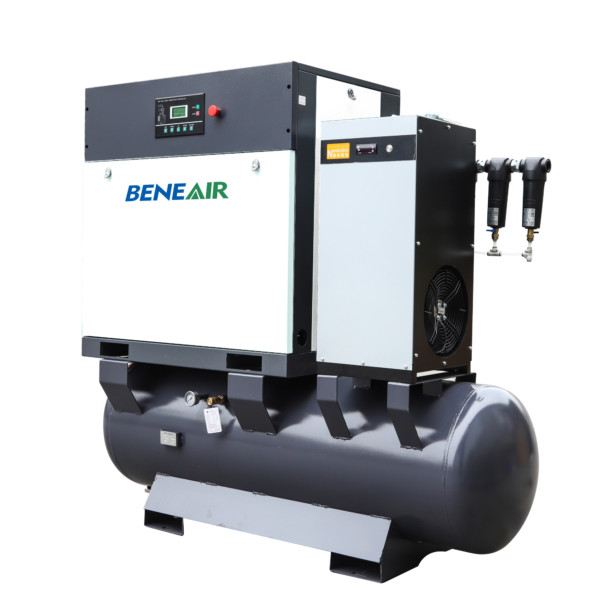
Why Do Air Compressors With Rotary Screws Require Oil?
Why Do Air Compressors With Rotary Screws Require Oil?
The approach where oil is pumped into the rotor shaft is described as “oil flooding” in rotary screw air compressors. While compression, the lubricant combines with the airflow, removed just before compressed air passes through the system.
Within a rotary screw air compressor system, compressor oil serves numerous vital functions:
- Greases the moving components.
- To capture air, it produces a barrier between the rotors.
- Hinders components from wearing out prematurely.
- During compression, it aids in the cooling of the air.
Types of Air Compressor Oil
Types of Air Compressor Oil
Keep in mind that you are using an oil product that is right for your air compressor and its operating settings. Some most often used air compressor oils are:
- The most frequent oils used in commercial air compressors are synthetic hydrocarbons. Ethylene is the source of POAs from natural gas or petroleum.
- The second most prevalent air compressor oil is polyol esters (POEs). Instead of hydrocarbons, they are made from alcohol and carboxylic acid. However, they can damage coatings and varnishes and interact with certain latex and polymers.
- Another type of petroleum-free synthetic oil is polyglycols (PAGs). The fact that they never oxidize and produce a top coat on the inside of the air compressor is their main benefit. Your air compressor may be destroyed if you combine PAGs with POAs.
- Food-grade air compressor lubricants are toxins-free synthetic lubricants that are suitable for use in operations where compressed air might come into contact with food packing lines.
Tips for Maintaining an Oiled Compressor
Tips for Maintaining an Oiled Compressor
- Use the Proper Lubricant
Oil serves a crucial function in pumped screw compressors. Always be certain you are using the right kind of lubricant for your system. Authentic OEM lubricant is often the best option because it preserves your unit’s quality and keeps the equipment operating smoothly and successfully.
- Inspection of Piping Must be Done on a Regular Basis
Examine your compressor’s connections on a regular basis to make sure they are not broken or rusted, as this could cause a leak, reducing energy performance and costing you more.
- Air filters Should be Checked and Replaced Regularly
If the air filter is not working properly, grime and airborne particles from the outside could get in. Due to this, your engine will have to work harder to pump in air. If you detect any dust, your air filter might have to be replaced.
- Make Sure There are No Oil or Air Problems
Leaks in the network might reduce productivity and profitability in the long run. Professional service experts can conduct gas leakage detection inspections using acoustic techniques to discover breaches in the infrastructure speedily.
- Moisture Absorption From Air Receiver Tanks Should be Removed
Emptying the receiver reservoirs on a continuous basis can keep them clean and working smoothly. Hydration can have a negative impact on compressed air performance.
What Tends to Happen If You Do Not Use the Correct Air Compressor Oil?
Not using the correct oil in an air compressor might result in a variety of issues, including:
- Excessive stress and friction can be the result of poor lubrication.
- Mechanical components wear out too quickly, reducing the device’s lifespan.
- Combining unsuitable oils might also cause catastrophic breakdowns.
- Combining unsuitable oils might also cause catastrophic breakdowns. If you have accidentally put the unsuitable oil in the air compressor, clean it out as quickly as practical and fill it with the proper oil.
How to Change the Oil of an Air Compressor?
How to Change the Oil of an Air Compressor?
Please read the directions of the air compressor’s guide when it is time to refill the fluid in the system. Even though the fundamentals of changing the oil are straightforward, drain the waste oil and replace it with new oil, the specific stages can be somewhat complicated.
When Should You Change the Oil of an Air Compressor?
To maintain appropriate fluidity, air compressor lubricant should be replaced on a constant basis. Air compressor fluid, like regular lubricating oil, deteriorates quickly and needs constant monitoring.
The duration of servicing will be determined by the type of oil compressor you have. Like rotary screw compressors need new lubrication every 1,000 hours or so, based on usage. It is also crucial to check the oil filter in the compressor.
What Happens if You Put Excessive Oil in the System?
Flooding the compressor’s oil chamber all the way to the top might cause serious structural damage. When excessive volumes of lubricant are released into the air by the compressor’s exhaust, it might harm not just the compressor but also any pressurized equipment connected to it.


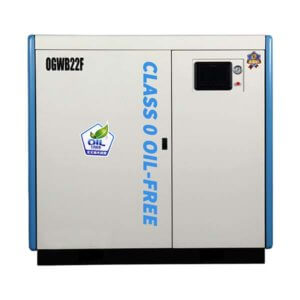
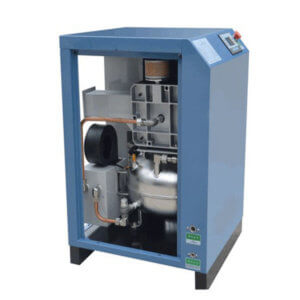
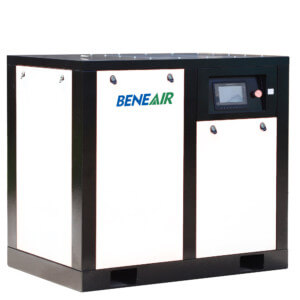
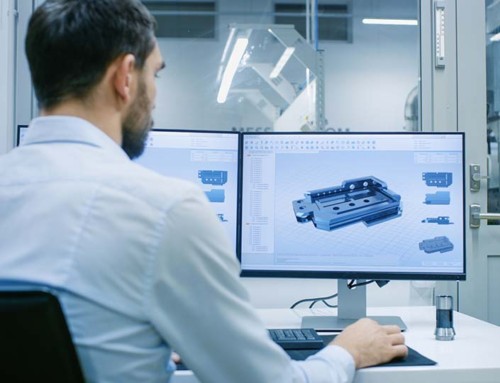




Leave A Comment